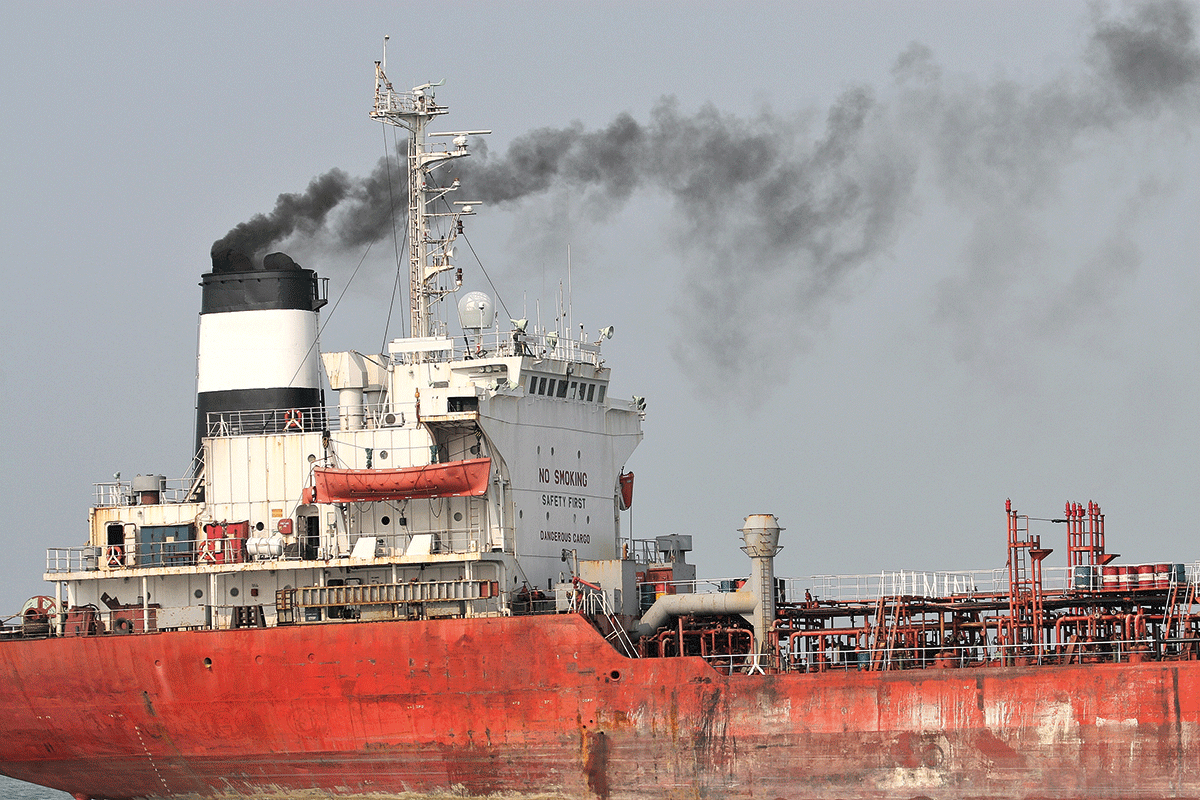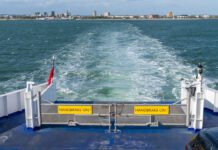
A proposal to develop weak non-binding “goal-based guidelines” on pollution prevention in connection with black carbon emissions from ships using heavy fuel oil in the Arctic – as opposed to taking immediate and effective action to immediately reduce these climate-warming emissions – has been slammed by non-governmental organisations.
The proposals were outlined at a virtual meeting of the International Maritime Organization’s Pollution Prevention and Response Sub-Committee (IMO, PPR 8), which closed on 26 March
“The Clean Arctic Alliance is completely shocked and bitterly disappointed by the decisions taken by IMO Member States during PPR 8, which will leave the IMO fiddling around with ineffective voluntary action, while the Arctic meltdown continues”, said Dr Sian Prior, Lead Advisor to the Clean Arctic Alliance. “Having completely buried their heads in the sand, the IMO and its Member States now need to watch out for rising waters.”
“By proposing a slow, weak and voluntary approach to tackling black carbon emissions, the IMO and its Member States have squandered this week’s golden opportunity to curb shipping’s climate impacts in the Arctic, instead of taking ambitious and urgent action to immediately drive down these emissions”, she added. “In effect, the planned ‘goal-based guidelines’ proposed during PPR 8 means that each country can take its own approach to reducing black carbon emissions, on its own time-scale, with no requirement for implementation or enforcement if indeed they choose to do anything at all”.
“After 11 years of dithering, the UN body which claims to have the mandate for addressing shipping’s climate impacts is simply running out of time. Instead of taking meaningful measures to address the threat of black carbon emissions from shipping to the Arctic ecosystem – including its wildlife, communities and summer sea ice – the IMO has today ensured that the shipping industry will continue contributing to the impacts of climate heating in the Arctic with consequences for the whole planet”.
“It is very disappointing to again witness the IMO delay pursuing sound climate policies for my Arctic home”, said Austin Ahmusak, Kawerak Marine Advocate, Nome, Alaska. “By taking action to reduce black carbon and use cleaner fuels, the IMO could have a measurable positive impact on the warming of the Arctic in the near future. This would positively benefit human health, and provide humanity, as stewards of this region, more time to address the larger human-caused warming that we must all face”.
The Clean Arctic Alliance, a coalition of 21 international non-governmental organisations, had earlier this week called on the IMO to seize the chance to reduce climate-warming emissions of black carbon from ships currently using heavy fuel oil in the Arctic by some 44%, by switching them to cleaner distillate fuels .
The Clean Arctic Alliance continues to call for a mandatory measure requiring all ships operating in and near to the Arctic to switch to distillate fuels or other cleaner fuels, which result in lower levels of black carbon emissions and allow the use of particulate filters, as happens with road vehicles, to further reduce the black carbon released into the atmosphere. Ultimately, the Clean Arctic Alliance believes it necessary for all shipping to move from oil-based fuel to other cleaner fuels or other methods of propulsion.
“When today’s decision is considered by PPR 8’s parent committee, MEPC – this June, the IMO must make it clear that urgent action is not only needed to reduce to black carbon emissions – but also that this action must be taken, and taken rapidly”, concluded Prior.







